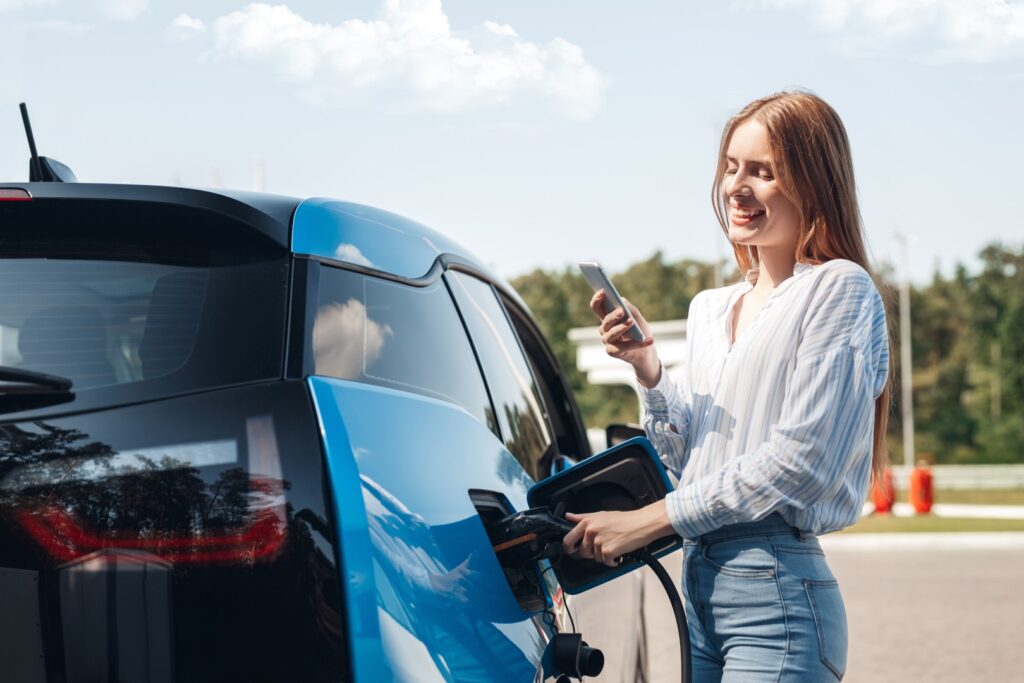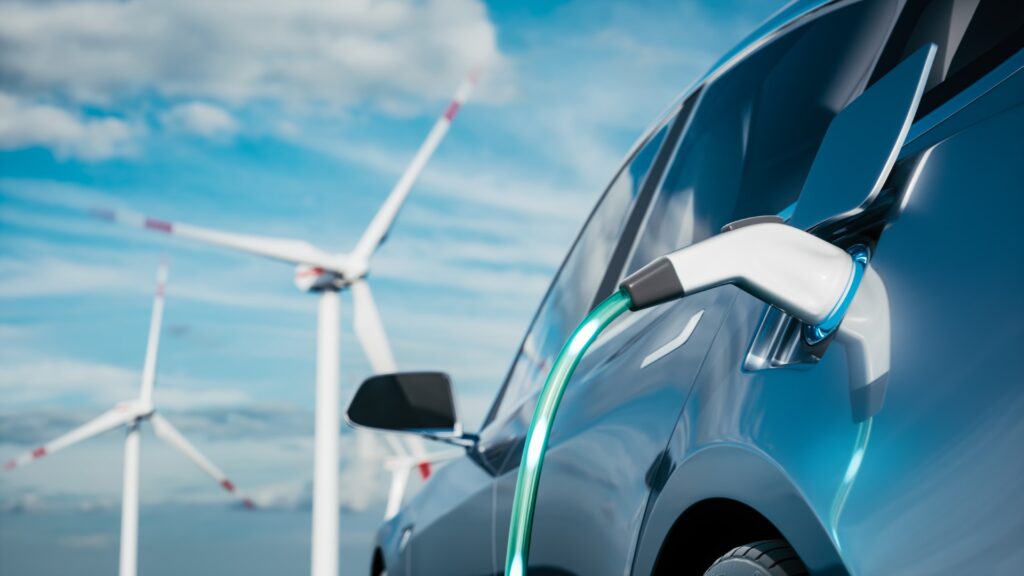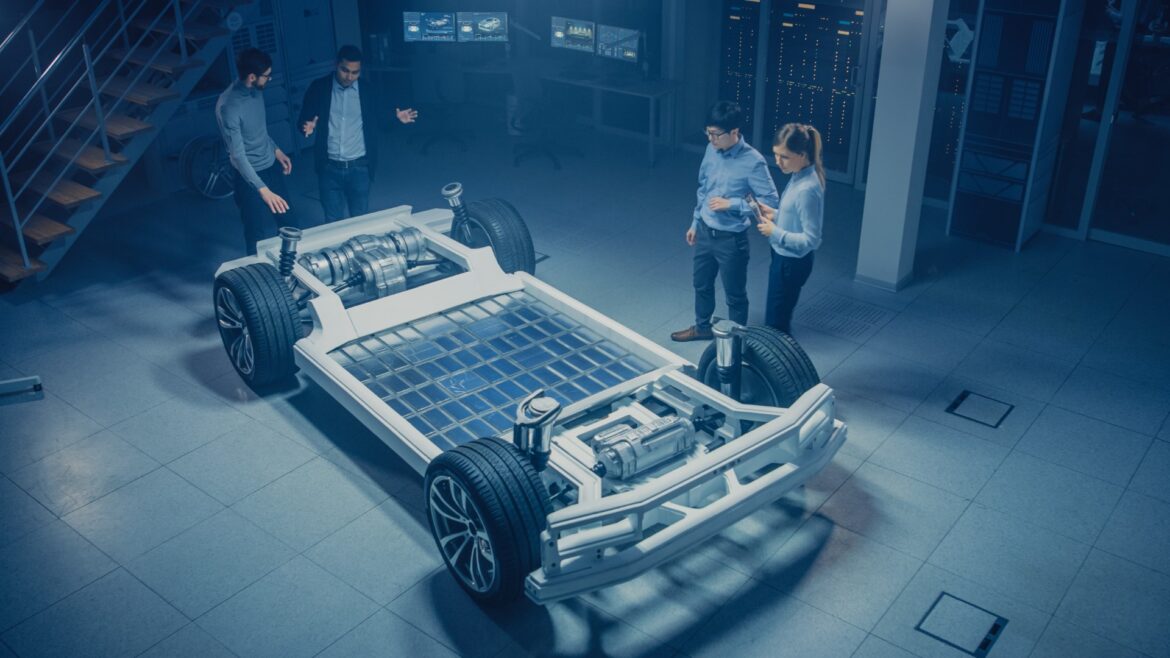The future of transportation is electric, and the rise of electric vehicles (EVs) has been nothing short of spectacular over the last few years. Electric cars have come a long way since their inception, and there is no doubt that they are the future of mobility. However, there are still some challenges to overcome before they become the primary mode of transportation. In this blog, we will explore the innovations and challenges that lie ahead for electric cars.

Innovations
1. Battery technology: The biggest challenge with electric cars is their battery technology. The battery is what powers the car, and its performance is what determines how far the car can travel. While the current lithium-ion batteries used in electric cars are efficient, they are still not as efficient as gasoline engines. However, the industry is working on developing new battery technology that can store more energy and charge faster. Solid-state batteries are a promising technology that could make electric cars even more efficient.
2. Charging infrastructure: One of the biggest challenges with electric cars is charging infrastructure. While there are many charging stations in cities and along highways, they are not as ubiquitous as gas stations. However, governments and private companies are investing in charging infrastructure to make it more accessible. Tesla, for example, has a vast network of superchargers that can charge a car in minutes.
3. Autonomous driving: Electric cars are ideally suited for autonomous driving because they have fewer moving parts than gas-powered cars. Autonomous driving could revolutionize transportation and make electric cars even more convenient. Tesla already has an Autopilot system that can handle most driving tasks, and other companies are developing similar systems.
Challenges
1. Range anxiety: Range anxiety is the fear that an electric car will run out of battery before reaching its destination. While electric cars are becoming more efficient, they still have a limited range compared to gasoline cars. This means that drivers need to plan their trips carefully and be aware of charging stations along their route.
2. Cost: Electric cars are more expensive than gasoline cars, which can be a barrier for some consumers. However, the cost of electric cars is coming down as battery technology improves and production scales up. In some countries, governments offer incentives to buy electric cars to encourage their adoption.
3. Recycling: Electric car batteries contain rare and valuable materials, such as lithium and cobalt. Recycling these materials is essential to minimize waste and protect the environment. However, the recycling infrastructure for electric car batteries is still in its early stages.

Conclusion
Electric cars are the future of transportation, but there are still some challenges to overcome. Battery technology, charging infrastructure, and autonomous driving are innovations that will make electric cars even more efficient and convenient. Range anxiety, cost, and recycling are challenges that need to be addressed to encourage the adoption of electric cars. With continued investment and innovation, electric cars will become the primary mode of transportation, and our dependence on fossil fuels will become a thing of the past.

